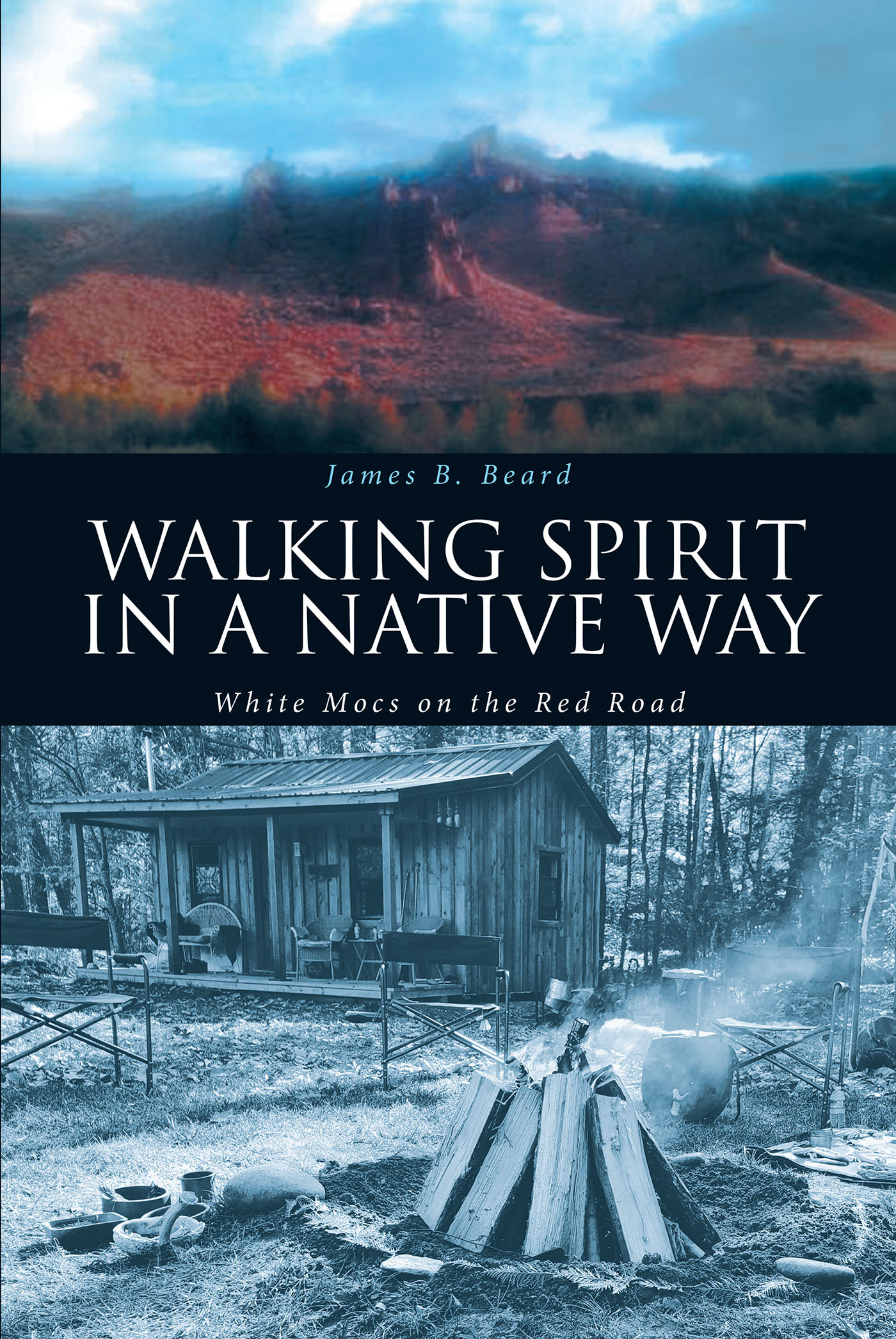Grand Monadnock ~ What does the name mean?
grand monadnock
chi monidou'nok
moniadenak
Does it really mean mountain that stands alone?
A good friend of mine lives near Grand Monadnock in New Hampshire. She is of Abenaki Ancestry and has been doing research to identify the aboriginal activity around the mountain prior to colonial settlement. The information about native use of the mountain is almost nonexistent and little factual information is available. Beth has read just about anything she could find on the subject. Recently she contacted Russ Moore. Russ is a writer and has done many articles about the Monadnock Region. He responded, properly I might add, and said this:
"The best evidence of Native Americans living on or near Mt. Monadnock is that it is a Western Abenaki word and they must have been in the area to give it a name later adopted by the European decent persons who explored the area in the late 1600s and early 1700s" Russell Moore
With all that has been written about this majestic mountain, it would seem its human history prior to colonial settlement of the area is forgotten. Almost, like it was a secret to be kept from the new people who had come.
Beth inquired to me to find out what I thought. So, I responded to Beth's inquiry:
July 27, 2014
Greetings Beth,
“What you have gathered is pretty much all I have ever found historically about aboriginal occupation. Most Abenaki people that I have met have a different understanding but no proof that validates their knowledge. Based on the little I have been able to discover I will tell my story of what I believe happened. It has little information that documents the claims I make. Some Native heritage people like you Beth, your grandfather, your great grandfather and others seem drawn here to take care of this place. To me that is a helpful confirmation of what Energy of Spirit desires.”
Jim Beard
A call from the West
One night I received a call from a Pottawatomie Ojibwa Chief, Nick, who lives in London, Ontario. He was calling to inquire about any birch stands in the New Hampshire area that might be available for bark harvesting to build canoes. He was asking for my assistance to approach the state about the harvesting. In the conversation he inquired as to where I live. I told him I live on a mountain in a state reservation park located in southwest New Hampshire. He asked if any Indians lived on the reservation. I told him there were no Indians here and he said that I was lucky. All of this in jest of course. He asked what the mountain was called. I told him it was known as Grand Monadnock.
The Pottawatomie language is Algonquin based and very close to the Abaneki language. The Pottawatomie settled in Wisconsin, Michigan primarily and are a part of the Ojibwa or Chippewa Confederation. Ojibwa tribes migrated from the east over the past thousand years.
Nick is a professor in Ontario and said that the name sounded Algonquin. He is a fluent speaker of Pottawatomie as well as many dialects of the Algonquin language group. I told him that it is said to mean: Mountain That Stands Alone. I went on to tell him that I tried to find a similarity to that meaning in Algonquin but could not. Nick began to sound it out ~ Monadnock, Grand Monadnock, Monidnock, Monidnik, Monitou Nic, Grand Monitou’Nic, Chi Monidou’Nic. He then said; Chi Monidou'nok meaning: Great Spirit Place. That could also translate into mountain that stands by itself due to the difficulty in translation into English.
Telling the story
The way I tell it is that the first colonists that came here inquired to the local Indians about what they called the mountain. In their language they said the name. The colonists asked what that meant. At the time the Indians spoke very broken English without command of the definitions to the English words. I believe they told the colonist it meant Mountain That Stands Alone either because they did not know another way to define it in English or because it is a close definition, and they did not want to disclose the great Spiritual meaning the mountain holds for them. Probably both reasons are why they said the meaning of the name in that way.
To the Western Abenaki this is A Spirit Place, Chi Manitou’Nuc. Most tribes that I am in touch with have a specific mountain that is a powerful Spirit guide for their people. Those mountains are often unique in that they stand by themselves or tower over other mountains in the area. Mountains such as Bear Butte in South Dakota, Mt Carleton in New Brunswick, Mt. Katadin in northern Maine. These were places that were used as watch places to spot approaching threats and, more importantly, where the people, Medicine People, would commune with Spirit. Over the past nine years I have kept the fire for this Spirit place, and I will do this to the end of my time if Spirit guides me to.
Apane, Noodin

Well, maybe I am wrong!
As in any pursuit it takes time to find the truth of what is. It can be even more difficult when the people who hold that truth have become silent. The Western Abenaki people are still here but, sadly for many, the memory of the language is limited to a very few. The original posting of this article brought a response from one of those people.
“This is wrong, comes from Abenaki word "moniadenak" and means Silver Mountain.”
Watie J Akins
This statement came from a man who I know to be truly knowledgeable about the Western Abenaki people. He is, in fact, a man I consider to be one of my mentors. His name is Watie Akins and he was born on the Penobscot Reservation at Panawampskeag near Old Town, Maine. Watie has done extensive research pertaining to the Abenaki people.
He tells it this way: "As my cultural knowledge expanded, it became evident that the Abenaki in Maine included the Passamaquoddy, Penobscot and Maliseet Tribes. These groups had absorbed the remnants of the other northeast Tribes that were destroyed during the colonization of our territory. With this knowledge, I turned my attention to the collection and learning of all the Abenaki music that I could locate in the (former) Abenaki territory, with my focus on keeping the old knowledge of our music alive."
Watie has produced CD's of the original songs of the Abenaki to preserve the music and culture of the people.
The CD “For the Grandchildren”, is the first of two CD’s
To honor a mountain
Post script from Watie J Akins ....I believe the word comes from the Western Abenaki and is "moniadenak" and means At Silver Mountain. Could be the mountain that Escombuit got his silver from.
Watie is a Native American Elder and one of my mentors. He is very knowledgeable in the Abenaki language.
Later Watie contacted me to say that it could not be from the word “moniadenak”. That is a newer word in the Abenaki language and did not exist in the time Monadnock was given a name by the colonists.













Comments
Post a Comment